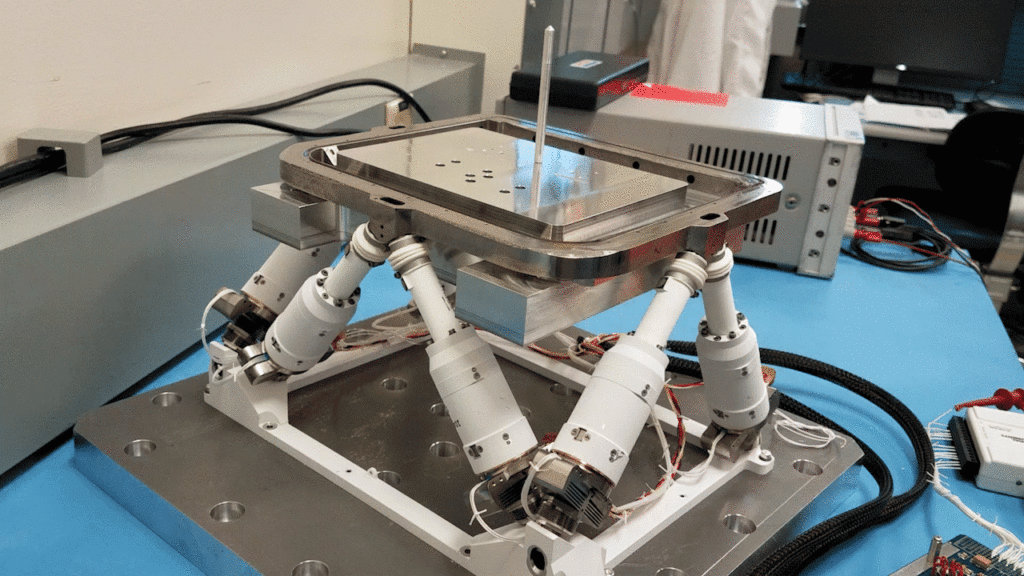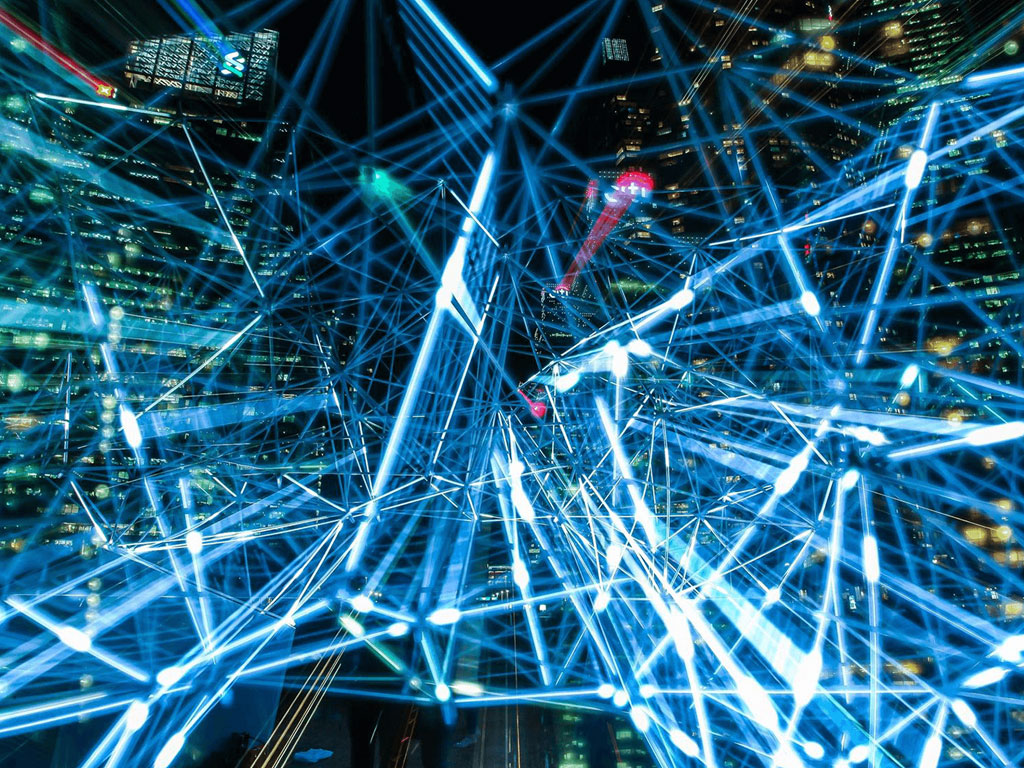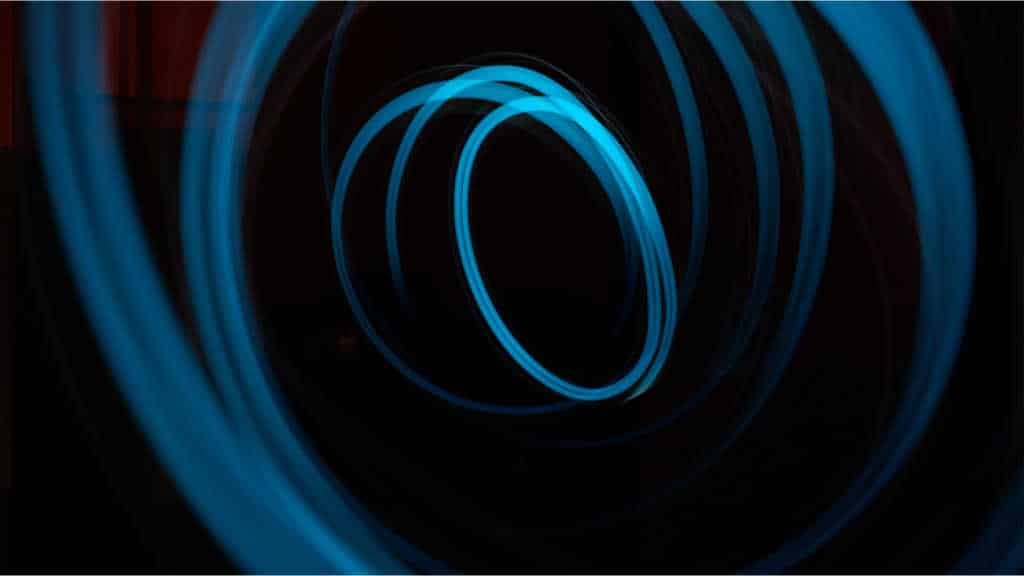How AI is revolutionizing NASA’s autonomous in-space assembly tech

Recent advancements allow the stacked hexapod platforms to be integrated with modern control theory and machine learning algorithms, allowing NASA to create a more effective and functional iteration of this stacked platform.
Building an effective IP strategy for AI

As with many emerging technologies, AI raises interesting and often deeply unsettling fundamental ethical, moral, social, political and privacy issues. However, some questions touch on more practical issues relating to patentability
Is it time to focus on practical application over invention in Step 2 of the Alice test?

New USPTO guidance on what constitutes patent-eligible subject matter has been welcomed by many, but may be inconsistent with Supreme Court precedent
Alice Must Be Revisited In View Of Emerging Technologies

The increasing convergence of artificial intelligence, the internet of things, robotics and other emerging technologies are expected to generate various novel legal issues that
courts will soon have to grapple with, e.g., the issue of patentability of AI-generated inventions. With the breakneck pace at which technological advances are being generated and broadly adopted, the courts should expect to be asked to address those issues soon and to provide helpful guidelines for dealing with them. Otherwise, the courts risk engendering legal roadblocks or uncertainties that could significantly curb technological breakthroughs and the growth of commerce.
AI learns to help you doodle

Google recently unveiled a new tool to help you make better doodles.[1] When someone doodles in Autodraw, the software’s trained neural network recognizes the sketch and suggests clip art based on object recognition. Autodraw is Google’s newest A.I. experiment. (You can access other live Google A.I. experiments here.) Take for example here, a rough sketch […]
